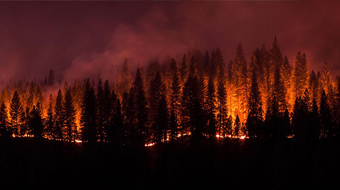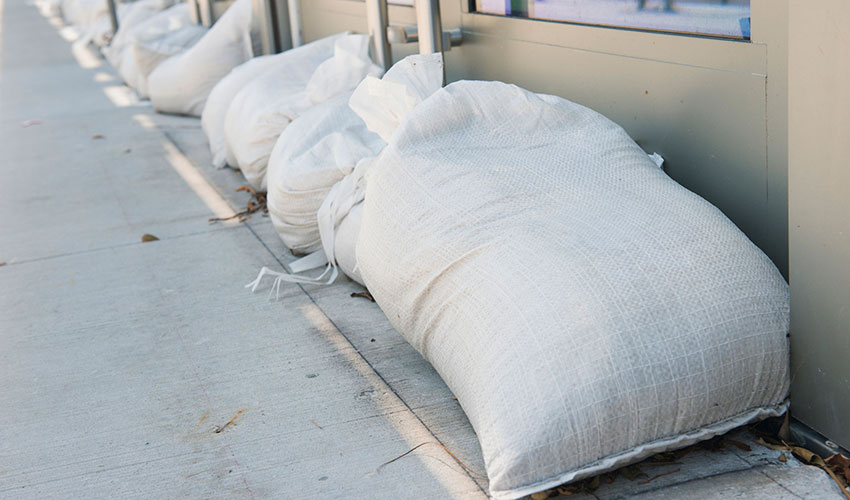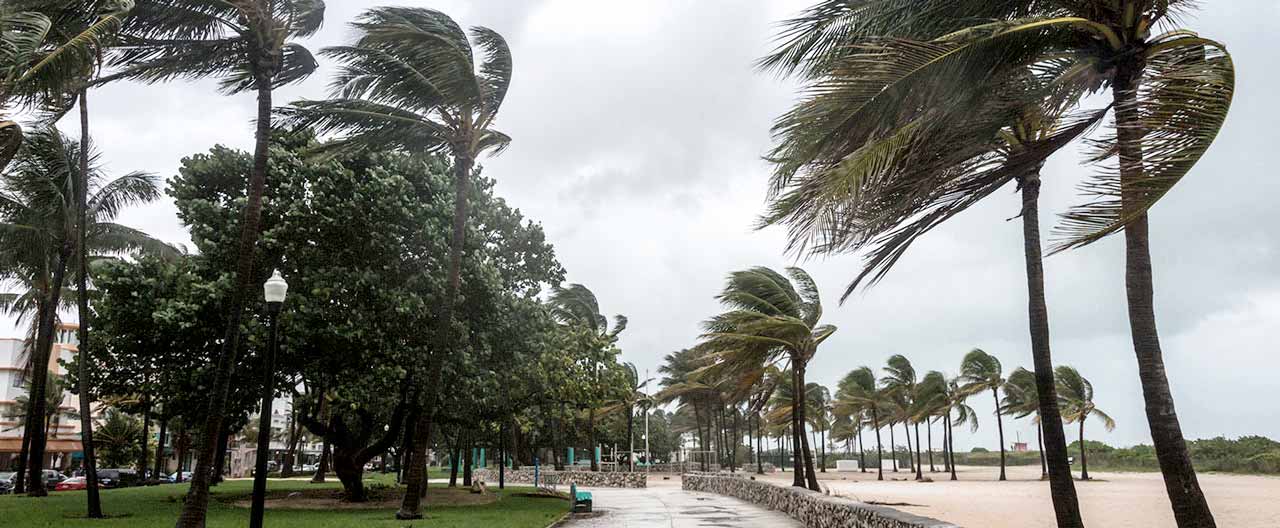- Individuals & Families
- Businesses
- Brokers

With winter on its way out, you may be ready for some spring cleaning.

Make sure you protect your classic cars from damage or additional wear and tear.

Keep your important papers and small valuables away from burglars, fire or natural disaster.

For over a hundred years, we’ve offered unparalleled stability and protection for small boats, yachts, luxury mega-yachts, and more.

Here are some things you can do to assist firefighters and minimize the damage to your home.

At their worst, disputes between professional service firms and their clients can lead to costly lawsuits.
Hurricanes can cause devastating damage and account for a significant percentage of global catastrophe losses. That’s why it’s so important for businesses to make a plan and be prepared well before a storm hits. Here’s what you can do to help prepare your offices or business facilities before a hurricane—as well as key steps to take once the storm has passed.
Before hurricane season
Make a plan:
- Establish an Emergency Plan that includes how you’ll warn employees, suppliers, vendors, and clients; and steps for preventing damage during a hurricane, and recovering afterward.
- Make sure to include your local community emergency evacuation procedures.
- Designate an Emergency Coordinator and Action Team and set up an operating command center.
- Communicate the Emergency Plan to employees—and practice, practice, practice.
Gather supplies and prepare building facilities:
- Keep an emergency supply kit on-hand. It should include batteries, portable chargers for cell phones, flashlights, radios, and equipment such as drills and saws, as well as non-perishable food, first aid supplies, and plenty of drinking water.
- Secure outside storage tanks, sheds, and structures.
- Buy plastic or tarps to cover water-sensitive equipment and plywood or shutters to protect doors and windows.
- Ensure back-up generators are in good working order and full of fresh fuel.
- Make sure roofs and flashing are properly secured and clear rain gutters and downspouts. Check drain pumps.
And don’t forget to review your insurance policy to determine if you have adequate flood and wind coverage.

When a hurricane threatens
Ensure your employees’ safety:
- Activate your Emergency Action Plan.
- Listen to the radio, TV, or NOAA radio station for information on the storm’s progress and evacuation instructions.
- Locate emergency supply kits.
- Evacuate non-essential personnel.
- Follow instructions issued by local officials. Leave immediately if told to do so!
Prepare the premises:
- Fill emergency generator and fire pump fuel tanks.
- Install storm shutters or plywood to secure windows and doors; put out sandbags if there is a threat of flooding.
- Move vehicles and generators to a safe location, and to higher ground.
- Anchor all outdoor equipment and remove awnings.
- Protect vital records against flooding and wind and elevate valuables.
- Patrol the facility while it’s still safe.
- Check for leaks and fire protection system issues and, if it is safe to do so, complete emergency repairs.
After a hurricane
- Account for all employees who stayed at the facility and call emergency services if someone needs to be rescued.
- Use caution in flooded areas, as floodwaters may be contaminated.
- Do not attempt to drive across flowing water and stay away from standing water, as it may be electrically charged from downed power lines.
- Before entering a flood or wind-damaged building, do a preliminary inspection to check for stability – if there is extensive damage, call a professional to certify it is safe.
- Have professionals check gas, water, electrical lines, and appliances for damage.
- If it is safe to do so, make temporary repairs to protect your building and contents.
- Remove wet or visibly contaminated materials and avoid breathing dust from wet building materials.
- Use a flashlight for indoor emergency lighting (never a candle or open flame) and only use tap water once local officials have reported it to be safe.
- When using a generator, be sure that the main circuit breaker is off and locked out prior to starting the generator.
Insights and expertise



This document is advisory in nature and is offered as a resource to be used together with your professional insurance advisors in maintaining a loss prevention program. It is an overview only, and is not intended as a substitute for consultation with your insurance broker, or for legal, engineering or other professional advice.
Chubb is the marketing name used to refer to subsidiaries of Chubb Limited providing insurance and related services. For a list of these subsidiaries, please visit our website at www.chubb.com. Insurance provided by Chubb Insurance Company of Canada or Chubb Life Insurance Company of Canada (collectively, “Chubb Canada”). All products may not be available in all provinces or territories. This communication contains product summaries only. Coverage is subject to the language of the policies as actually issued.

